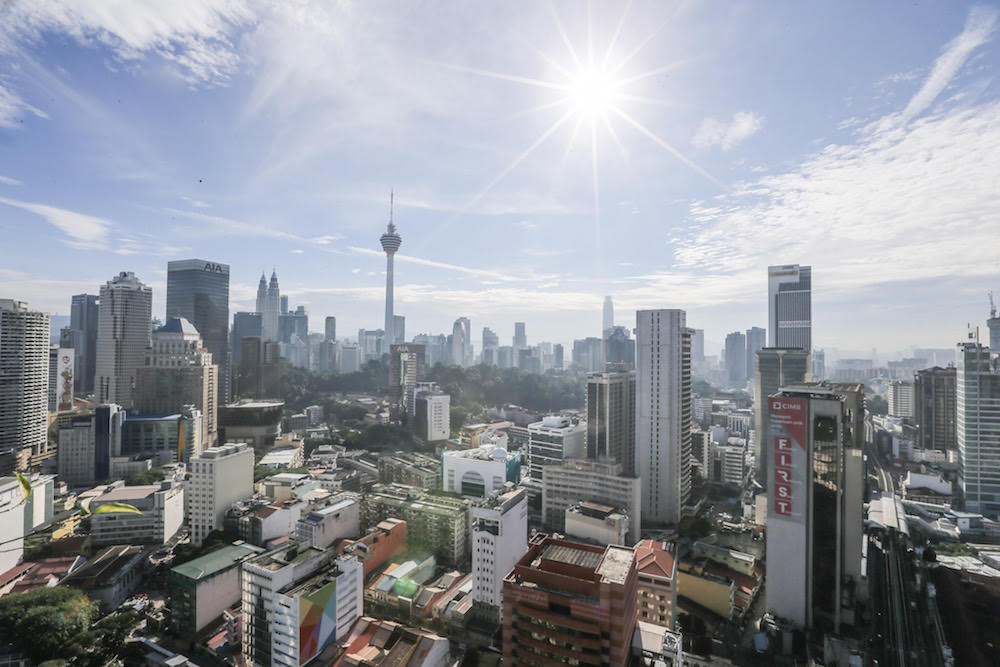KUALA LUMPUR, June 30 — Banks are anticipated to come up with their own decision on whether to extend the loan repayment moratorium or not once the moratorium ends in September, says analyst.
Affin Hwang Capital Research analyst Loong Chee Wei said some quarters who are affected by the pandemic to the point of losing their job would be given the moratorium, but it would not be a blanket order.
“Some are still facing hardship through this time, hence the moratorium given should be targeted,” he said in a virtual media briefing on Malaysia’s macro outlook and sector forecast for the second half of 2020 today.
Meanwhile, Affin Hwang Capital chief economist Alan Tan said the research house has maintained its 3.5 per cent gross domestic product (GDP) contraction forecast for Malaysia this year, dragged down by economic uncertainty due to the growing concerns surrounding the Covid-19 pandemic.
He said the sharpest contraction is expected to be seen in the second quarter of this year.
“However, we opine that the growth will recover to six per cent next year while exports are expected to recover by seven per cent,” he said.
On the overnight policy rate (OPR), he said Bank Negara Malaysia is expected to keep the current rate until late 2021 before normalising it back to three per cent.
“This is because the economy has regained its strength to its full capacity after a slump during the movement control order was put in place to curb the spread of Covid-19,” he said.
The OPR currently stands at two per cent and the Monetary Policy Committee (MPC) is expected to conduct its fourth sitting next month.
On the ringgit, Tan said that the local note is expected to recover against the greenback driven by positive local economic sentiment.
“The market will also do better than the United States as foreign investors are now driven to invest in the domestic market combined with the weakening of the US dollar due to quantitative easing measures,” he said.
The US interest rate is currently almost zero and the US Federal Reserve is not planning to increase the rate until the economy shows signs of recovery post-Covid-19.
The World Bank previously forecast the global GDP to contract 5.2 per cent this year, the deepest global recession in decades. — Bernama



















